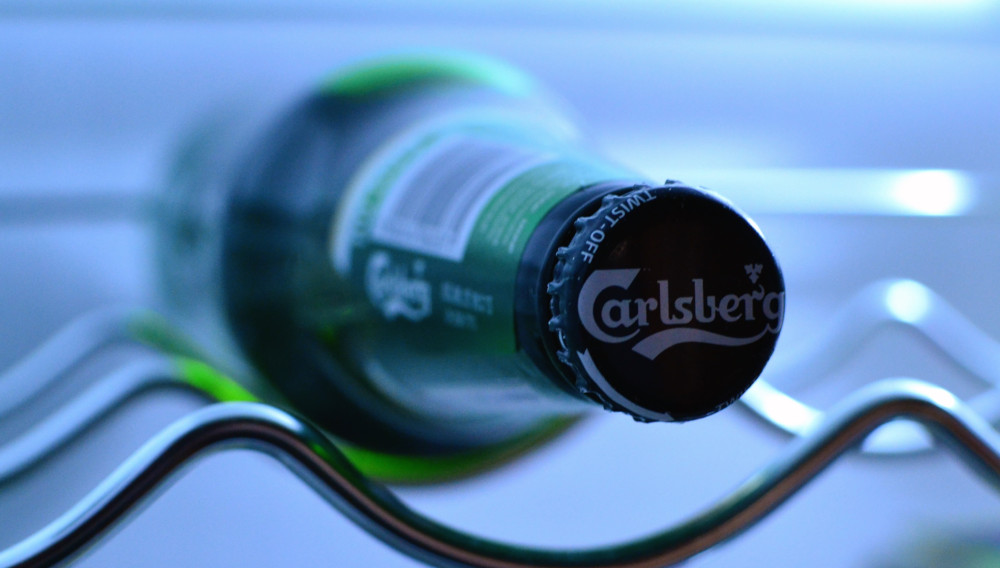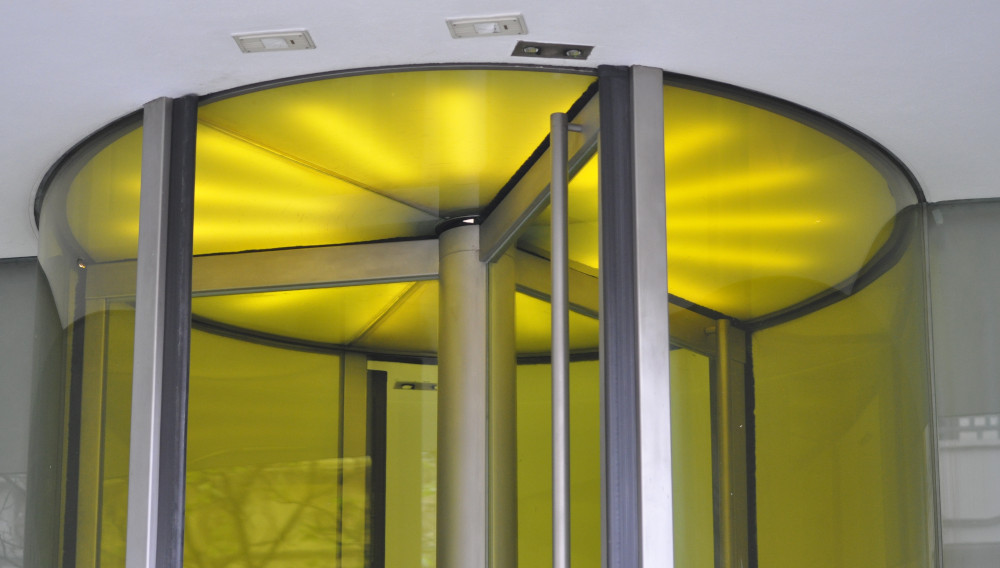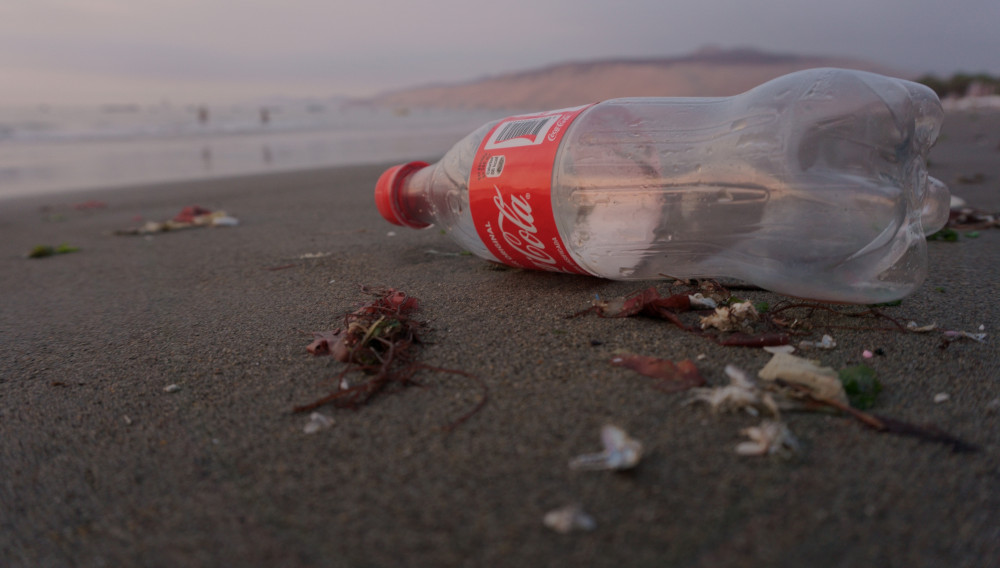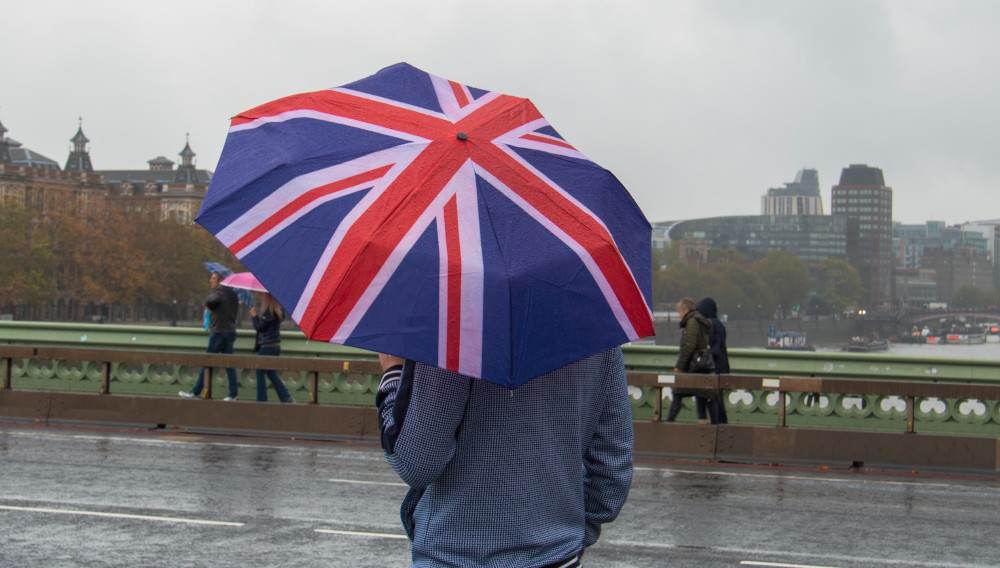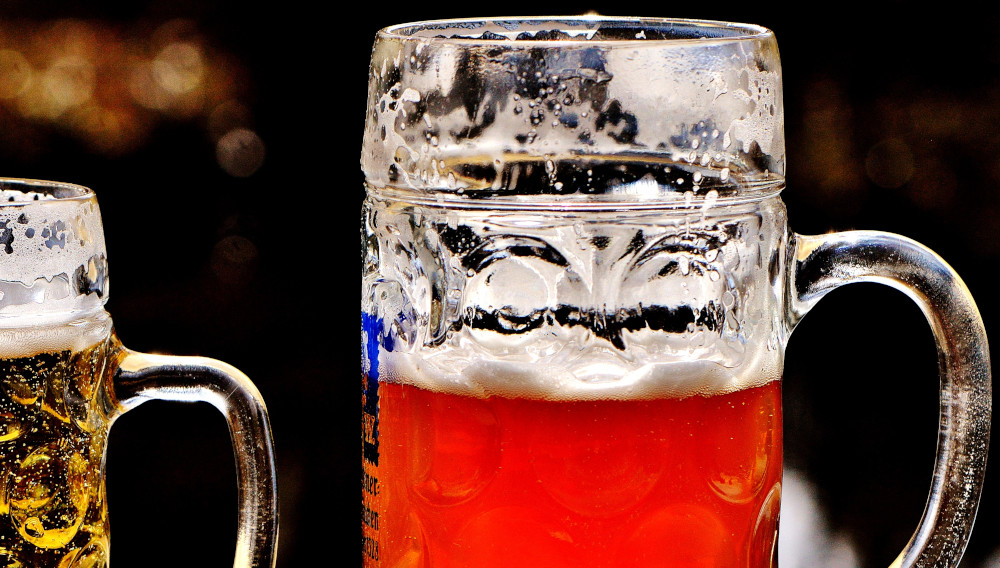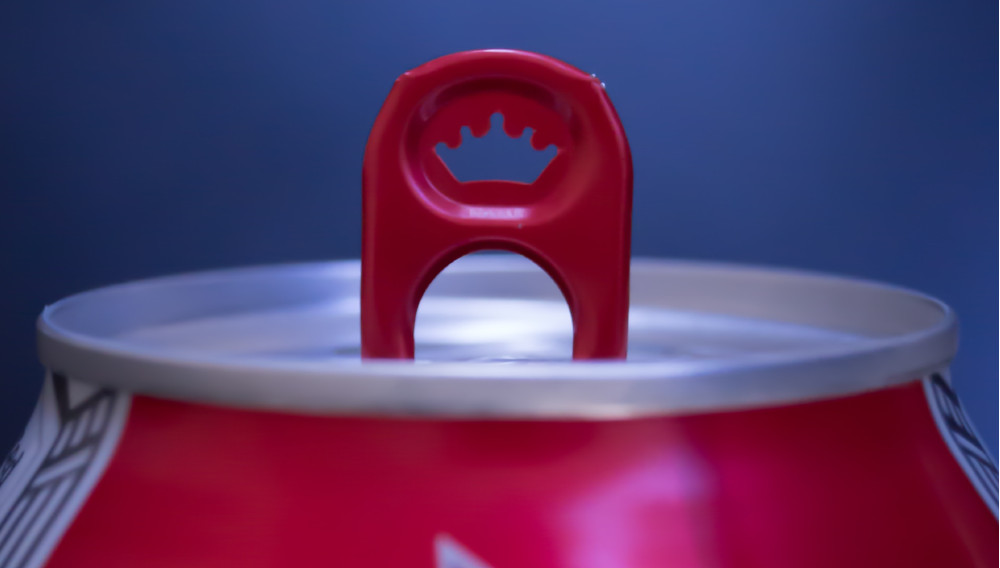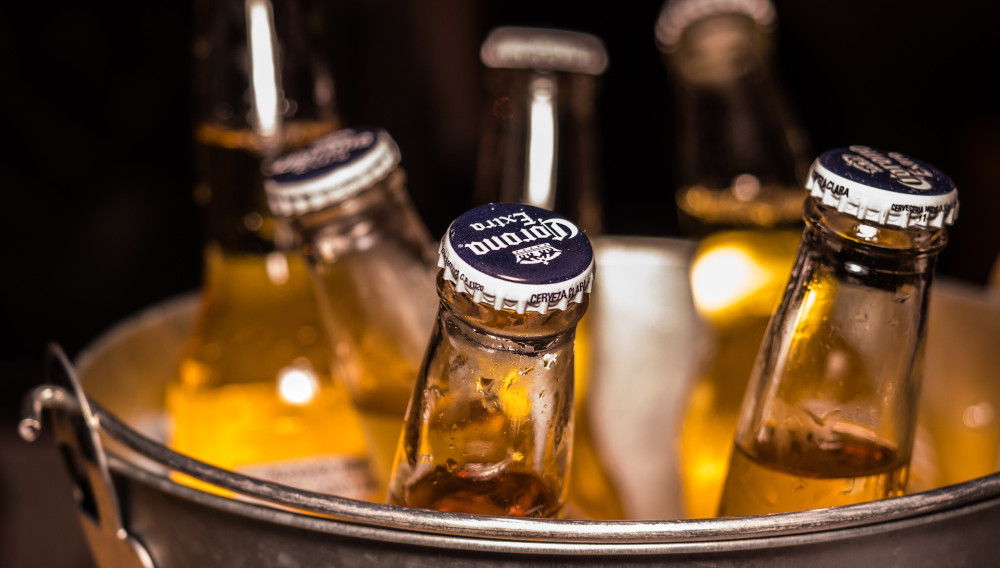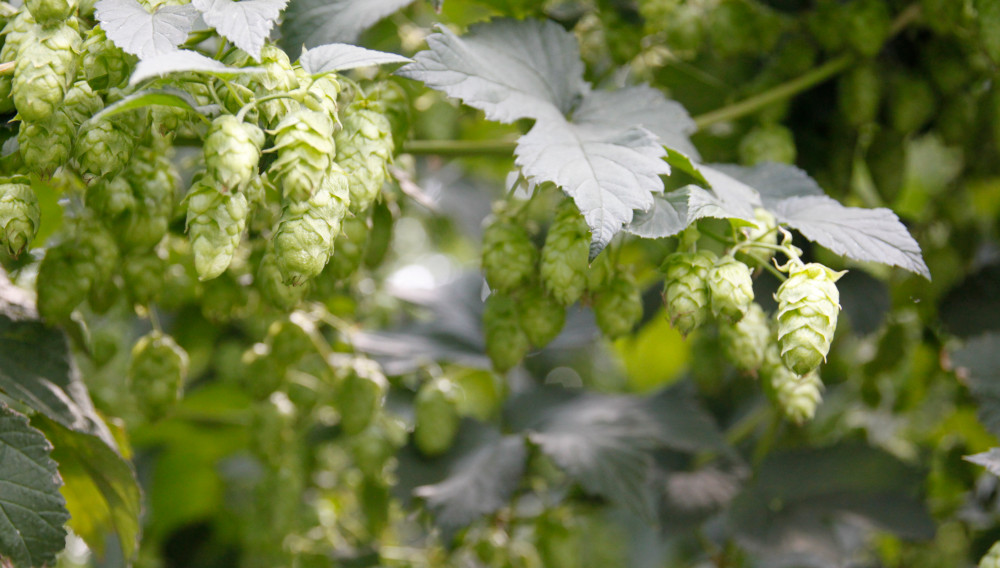Germany | AB-InBev’s revolving doors are spinning faster, while top personnel is getting younger. After only seven months at the helm of AB-InBev Germany, Florian Weins, 35, has left the firm at the end of October to spend more time with his family. He is succeeded by Michel Pepa, 30, a Belgian.
Germany | The NGO German Environmental Aid (DUH) has criticised Coca-Cola for blatant greenwashing, after the beverage giant announced plans to produce beverage containers which contain 25 percent of salvaged marine plastic.
United Kingdom | The Economist newspaper says that of all the substances people intoxicate themselves with, alcohol is the least restricted and causes the most harm. It warns that if the alcohol industry’s moderate consumption guidelines were really effective, they would ruin their sponsors’ finances.
Germany | This does not bode well for the rest of the year: From January to September 2019, brewers sold 2 percent or 1.4 million hl less beer than in the corresponding period 2017.
Belgium | AB-InBev has lowered its annual profit forecast after its third quarter results were dragged down by higher marketing costs in China, while price rises in South Korea and Brazil drove volumes down. Immediately, its share price sagged, wiping USD 20 billion off its market value.
Belgium | In a move akin to killing a holy cow, AB-InBev announced on 25 October 2019 that it was looking to produce its Mexican beer brand Corona in select markets, to increase availability and reduce its carbon footprint.
United Kingdom | The flavour of the season? As craft brewers promote their pumpkin ales, Diageo has decided to issue a limited edition of its Captain Morgan rum with gingerbread flavours.
Switzerland | Consumption of locally produced beer is on the rise. There are now more than 1,000 breweries throughout the country. But many observers worry that saturation is imminent as access to taps and shelf space has turned into a scramble.
Germany | Business objectives have changed, new companies have been added, but the name Joh. Barth & Sohn has remained unaltered for over 200 years. Time for new name. As of November 2019, the company will be called BarthHaas.
Germany | Never underestimate consumers‘ ignorance. In an effort to highlight wheat beer’s craft credentials, three well-known beer industry personalities have launched a seal.

